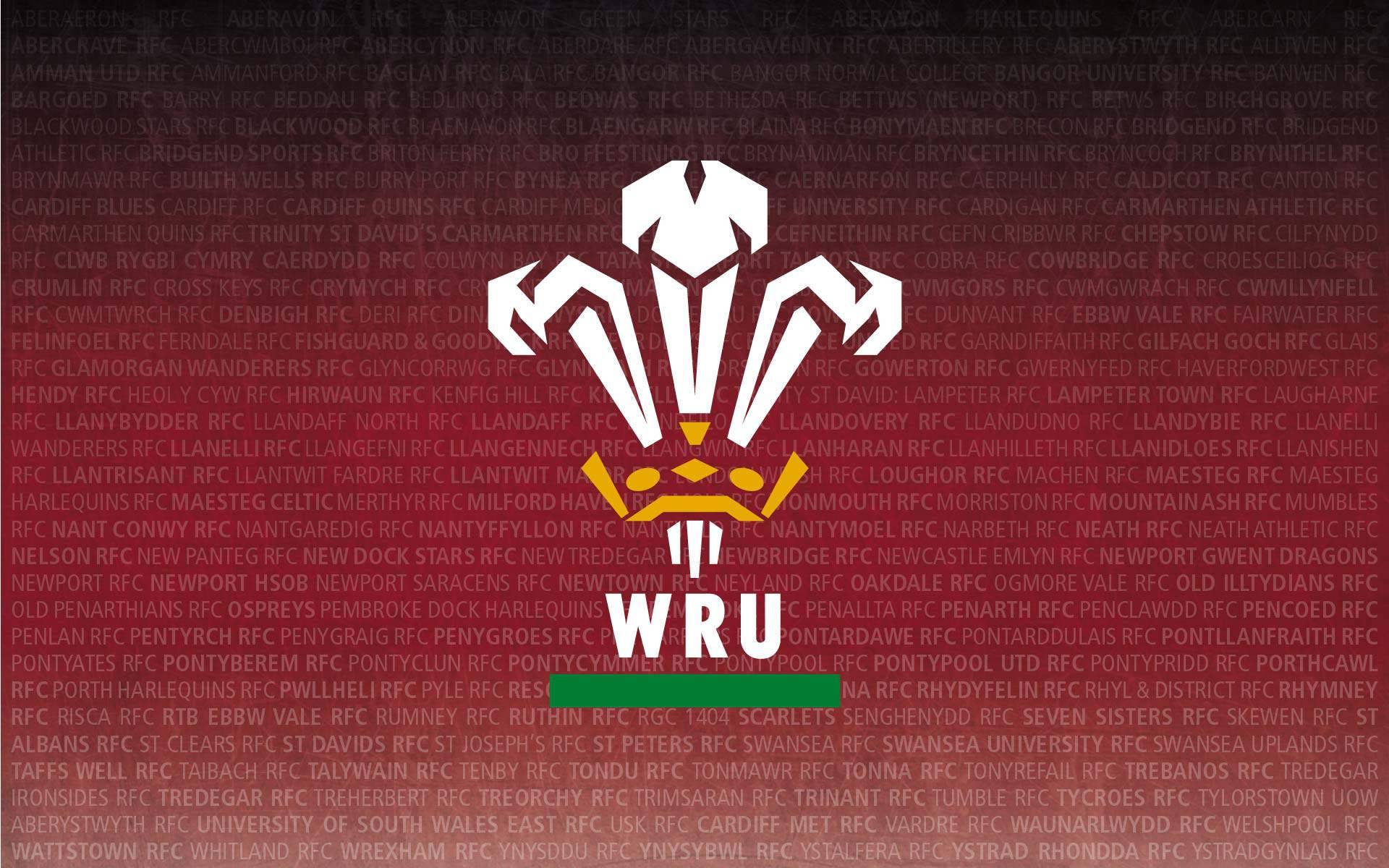Vernon was the driving-force behind some of the most far-reaching developments in the history of the game, both at home and abroad, as he over-saw the worldwide move to professionalism; the enlargement of the World Cup and the Five Nations; the establishment of the Heineken Cup for European club rugby; the restructuring of Welsh rugby, both on and off the field, and the striking of major television and kit deals.
A QC, who practiced as a barrister from London’s Grays Inn, he was chairman of the Dragons Trust, having been a Trustee prior to joining the Welsh Rugby Union. He was one of the leading administrators in world rugby and in his professional life he was also a Recorder of the Wales and Chester Circuit and a Bencher of Lincoln’s Inn.
Pugh hailed from Ammanford with his first senior club being Amman Utd RFC. He played rugby at Cambridge University and had spells at Leicester, Pontypridd and St Peter’s, before joining Cardiff High School Old Boys in the 1969-70 season, for whom set a club individual points 1st XV record when he notched 27 against Metal Box in a 71-0 win.
In the first round of the Welsh Cup in 1973-74 he scored a try in a shock 24-0 win against Penarth and regularly played alongside his brother John in the Old Boys centre. He played on towards the late 1970s, being skipper of the Old Boys 2nd XV in the 1977-78 season.
As well as coaching the Old Boys (then named Cardiff Harlequins), he also coached Cardiff Institute (now UWIC) and the Wales Universities team.
He became chairman of the Welsh Rugby Union in 1993, resigning in August 1997, and was chairman of the International Rugby Board in 1994-95. He presided over the second IRB general meeting in 1994 and became a Rugby World Cup director two years later.
He had also chaired the former Amateurism Committee of the International Board and was central to the change to an open game. He became the first elected Chairman of the International Board in 1996.
In September 2002, he underwent surgery to remove a cancerous tumour. He died today (Friday, 25 April, 2003)
He is survived by his wife, Dorinda, and their three daughters.
WRU Group Chief Executive David Moffett said: “It was with great sadness that everyone connected with the Welsh Rugby Union learned of the death of Vernon Pugh today. On a personal level, I met Vernon in his capacity as chairman of the IRB on a number of occasions and always found him to be a good man to deal with.
“His role in the professionalisation of rugby union is well known and documented and, after leaving his post as chairman of the WRU, he went on to become one of the most powerful and dominant rugby administrators in the world game.
“He helped to take the IRB into a new era and his sharp mind was responsible for turning the Rugby World Cup into an outstanding financial success.
“He will be greatly missed at all levels of rugby, from the corridors of power at the IRB and Rugby World Cup, right down to the Welsh Universities, a team he was so proud to be associated with as one of their coaches.
“Vernon Pugh will be remembered as one of the outstanding rugby administrators of his age, a rare breed who was able to combine his lifelong passion for rugby with a brilliant career as a sporting administrator.”
WRU Chairman Glanmor Griffiths added: “The name of Vernon Pugh will forever be etched into the history of Welsh rugby for his many achievements in a brilliant career with the WRU. He became the first chairman of the WRU in 1993 after being elected as a National Representative.
“He presided over a difficult period in Welsh rugby, but was instrumental in creating new wealth for our game via TV and sponsorship deals and gave Wales a powerful and authoritative voice on the Five Nations and IRB committees.
“It was no surprise to any one who worked alongside him at the WRU that he was able to move into senior roles with both the IRB and the Rugby World Cup. He had a brilliant mind and a great love for rugby.
“He will be sorely missed by the rugby world, but especially here in Wales.”




































